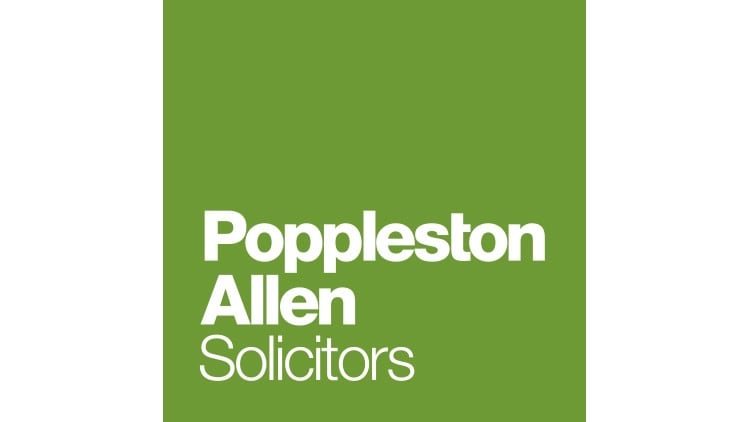The Pub Governing Body (PGB), which has completed its fifth annual audit of tied public houses covered by the England & Wales Tenanted Code of Practice (1-499 tied pubs) and the England & Wales Leased Code of Practice (1-499 tied pubs), said high levels of compliance had been maintained despite a second difficult year due to the pandemic.
Sir Peter Luff, chair of the Pub Governing Body, England and Wales, said: “The board of the Pub Governing Body attaches great importance to this annual survey of the compliance of companies governed by our codes.
“This has been a second very difficult year for all pubs and we hope the easing of restrictions imposed due to the Covid-19 pandemic will not be reversed but we are very pleased to see that, despite these unprecedented challenges, a high level of compliance has been maintained.”
Pride in sustained compliance
He continued: “The industry can take pride in five years of sustained compliance, as the climate in which pubs operate returns to something closer to normality. However, there are two particular areas where we believe companies will need to be diligent if this record is to be continued into a sixth year – ensuring BDMs are properly trained and settling outstanding rent reviews at the earliest opportunity.
“The year has also seen changes in the structure of the industry but we believe the work of the PGB remains a vital component in continuing confidence among tenants, commentators and politicians in the effectiveness of self-regulation of smaller pub companies.
“It remains the clear view of the board that the Pub Governing Body and its associated codes are together proving that self-regulation is both effective and unbureaucratic. Crucially, self-regulation can respond quickly to changing circumstances and the board will remain alert to any need for changes that may be needed as the industry continues to evolve.”
Movement of site ownership
The annual audit of companies operating tied public houses covered by either of the above codes of practice was carried out between August and September 2021 and covered the period between 1 August 2020 and 31 July 2021.
The review of 2,609 tied pubs covered by the codes of practice for under 500 companies (in England & Wales) represented fewer sites than in 2019-20 (2,716). The fall in the total number included a move of 55 pubs from SA Brain to Marston’s and Ram Pub Company (60 pubs formerly of Young’s Pub Company) have been transferred to Punch Pub Co. Meanwhile, NewRiver sold its Hawthorn portfolio (430 pubs) to Admiral Taverns. All these pubs are now regulated by the pubs code, which covers pub companies with 500-plus sites.
It also found there were 386 (340: 2019-20) rent reviews triggered and, of those, 294 (259: 2019-20) or 76% (76%: 2019-20) were negotiated and settled within the same period. However, 92 (81: 2019-20) or 24% (24%: 2019-20) were still under negotiation. Of the 92 rent reviews outstanding, 76 are reported to have been delayed due to Covid, leaving 16 (4.1%) outstanding. This number is up by 11 on the previous years.
On the subject of business development mangers (BDMs), the PGB discovered 88 (93: 2019-20) BDMs were employed by companies during the survey period. Some 73 (76: 2019-20) of these 83% (81%: 2019-20) were BIIAB Level 4-trained. The remaining 15 (17: 2019-20) have joined the company recently (the codes allow for training within 24 months of being appointed) or are waiting for courses to become available.




